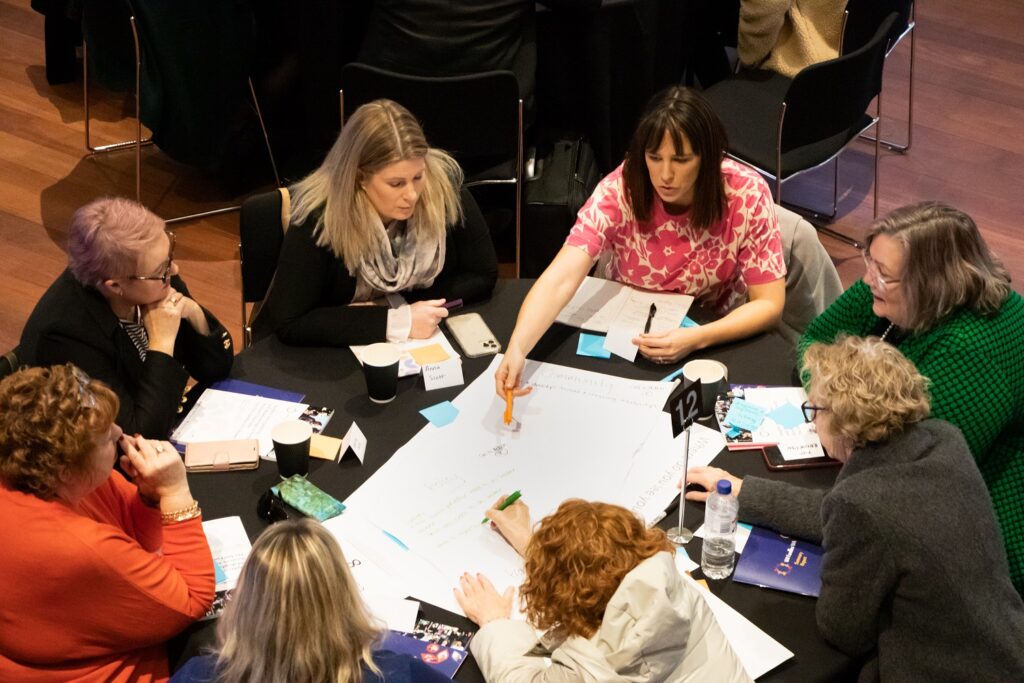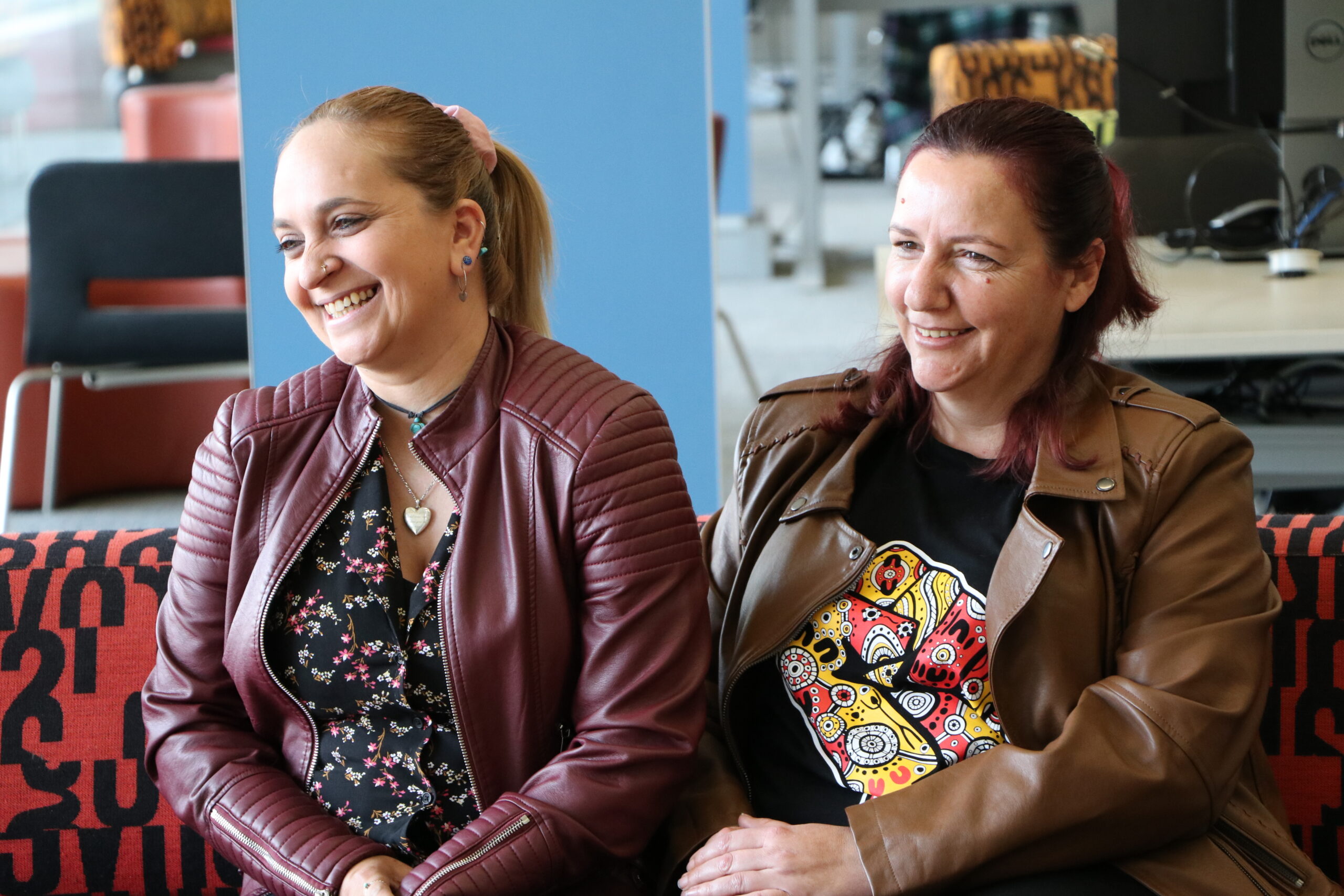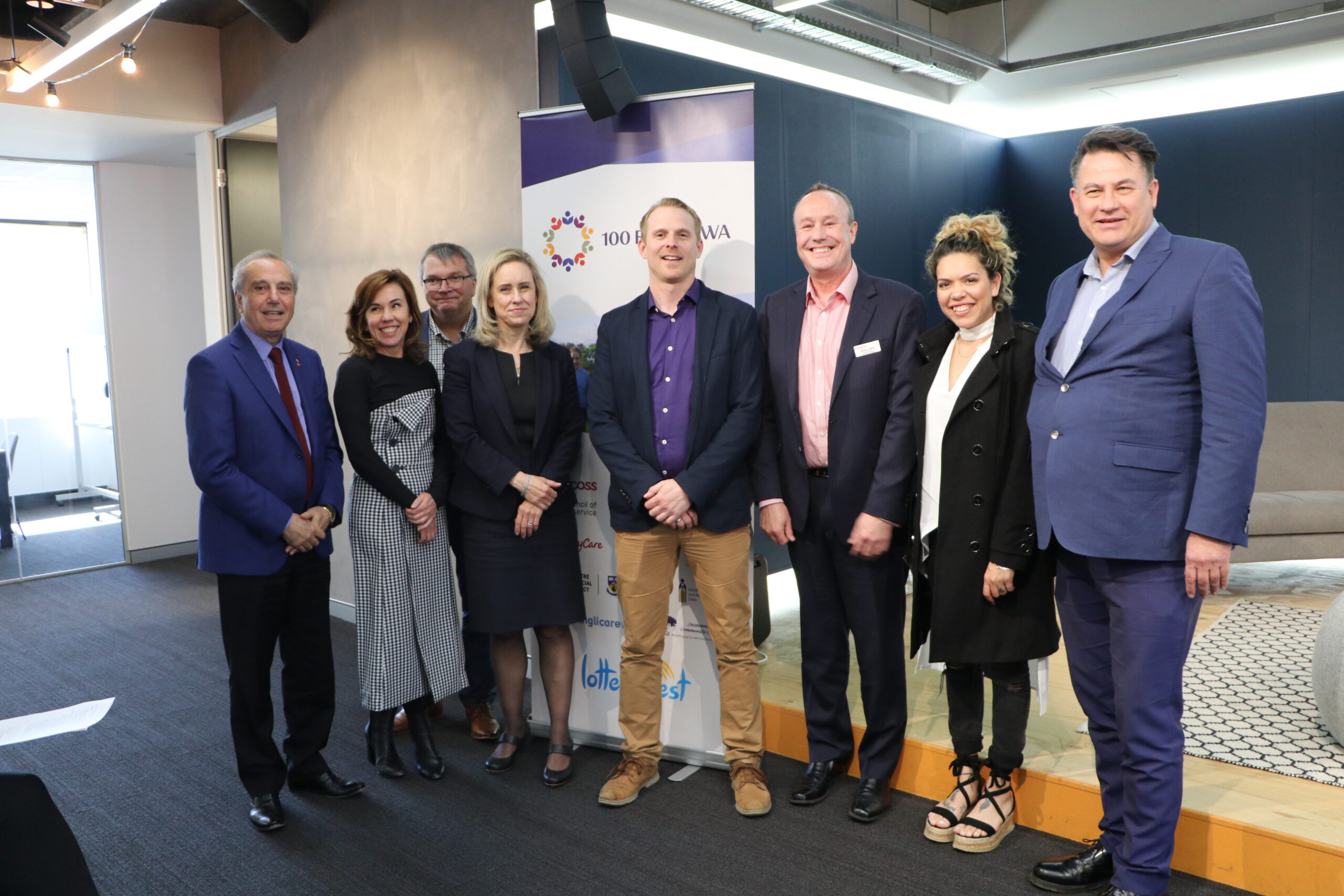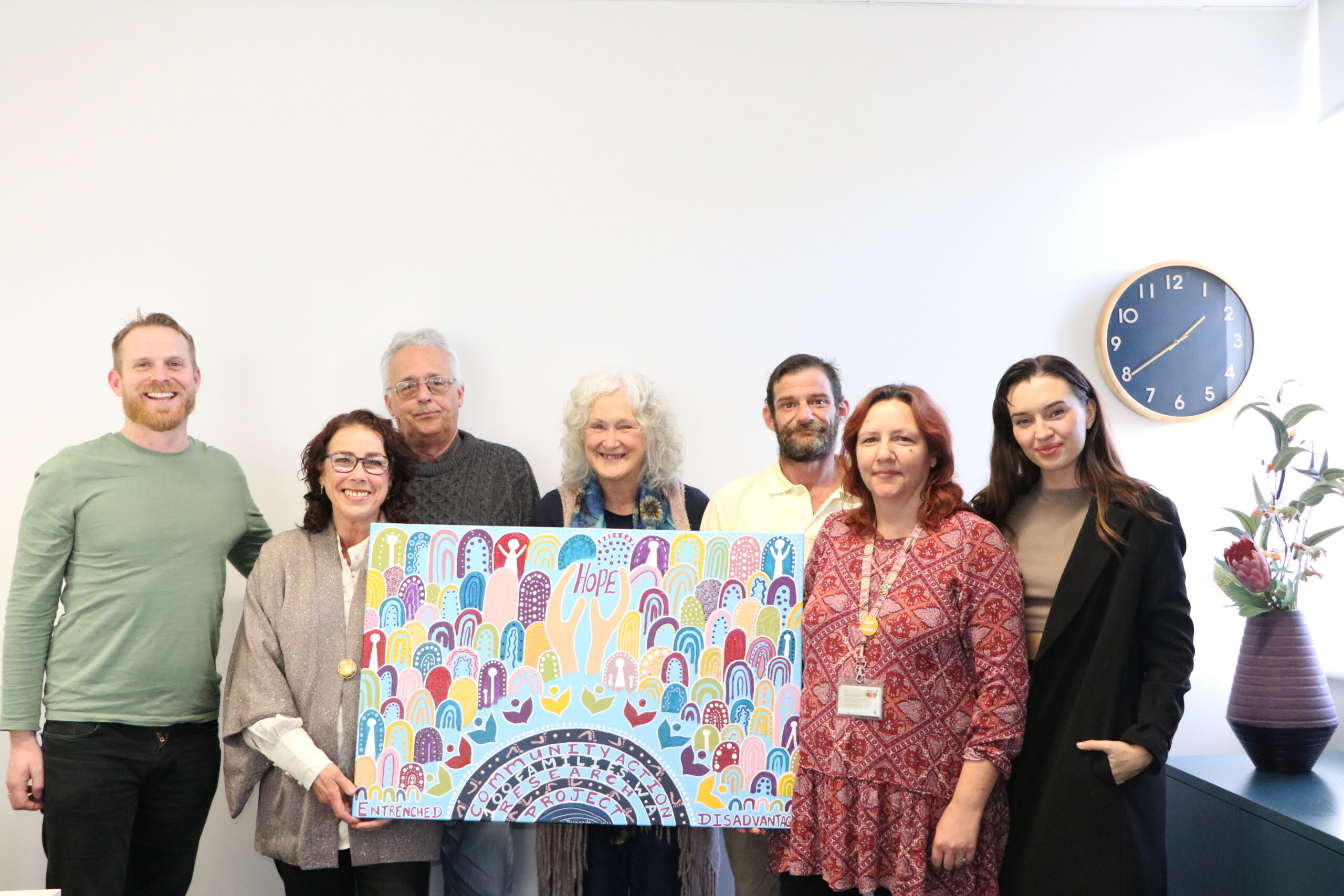In 2018, 100 Families WA, a collaborative action research project made up of academics, community service organisations and people with lived experience, came together to better understand the issue of entrenched disadvantage as experienced by families living in Perth, Western Australia.
Over 2.5 years, 400 families took part in data collection (see graphic for details) shared their lived experience of living in long term disadvantage and in terms of the support they had/were receiving, what works, what doesn’t, and what could work.
The website now exists to promote these voices of these families through the resources available. It is hoped that the community service sector and public sector draw upon these resources to inform their efforts.
100 Families WA acknowledges its principal funder Lotterywest for its long-term support to this critical project.

Statement of Purpose
Working together to reduce hardship and disadvantage for families living in Western Australia through action research
Vision
An economically, socially and culturally just WA where all families are supported to thrive
100 Families WA is made up of different stakeholders who came together with the same goal of reducing disadvantage for families living by collectively applying their efforts. The diverse collaboration, made up of service delivery organisations, academics and those with lived experience of disadvantage, all undertook important roles and ensured that the project was well-informed, well balanced and could act sensibly and responsibly.
The below sections offer further information on the stakeholders and their involvement in the project.
What is entrenched disadvantage?
Disadvantage or hardship can be understood as the coming together of issues including; poverty, the inability to afford basic essentials of life, and being unable to fully participate in everyday activities within a community. Entrenched disadvantage is the persistence of disadvantage for many years, and in some cases, over multiple generations. Living in entrenched disadvantage can have a detrimental impact on individuals’ well-being, their families and local communities.
What do you mean by ‘family’?
In the case of this project, family is a flexible term that is defined by the person themselves. This means that while many of the families involved in this project do have partners and children, some do not. The project wishes to be inclusive and not exclude anyone who considers themselves to be a family, whatever shape this takes.
How are you collecting data?
Participation in 100 Families WA happens in several ways. The main data collection streams are; a longitudinal survey over three years (four surveys in total), and the completion of an in-depth interview every fortnight for a year. The purpose of this mixed methods approach is to support a deep understanding on what families are experiencing day-to-day and over time.
To ensure the research journey itself is explored and recorded, the 100 Families WA team also collects data from other sources. This includes reflections from internal project staff and stakeholders, as well as feedback and comments of interest collected from the Community Advisory Group and Reference Advisory Group.
For further information, please go to the Project Details tab on the About page of this website.
How is this project funded?
The project has received $1.75m grant from Lottery west to support the first two years of the project. All project partners contribute a significant amount of in-kind resource to the project to further support its implementation. Additional funding is being sought to support later stages of the project as well as project expansion to a regional site.
What will you do with the evidence you produce?
100 Families WA is committed to improving outcomes for low income individuals, communities and families, particularly those experiencing social exclusion and entrenched disadvantage.
With the evidence collected, the project aims to provide the policy, practice and research community with a deep understanding of entrenched disadvantage, poverty and social exclusion in Western Australia. We further aim to find out what the barriers, challenges and facilitators are that people encounter when attempting to exit disadvantage, and the impact of services and programs in breaking the cycle of disadvantage.
Can I participate in 100 Families WA?
As we have reached our target of 400 families, at this time we are not recruiting anymore families.




